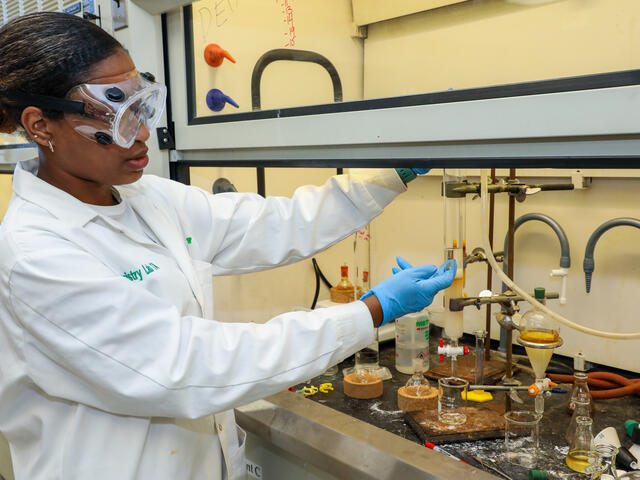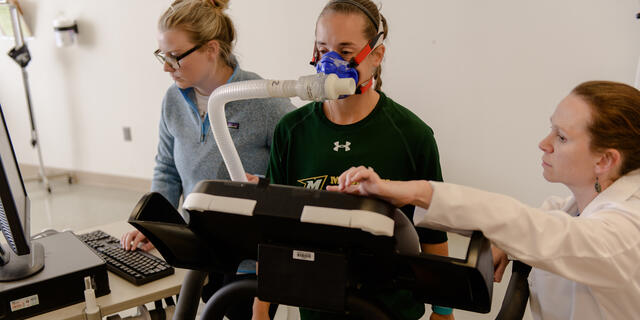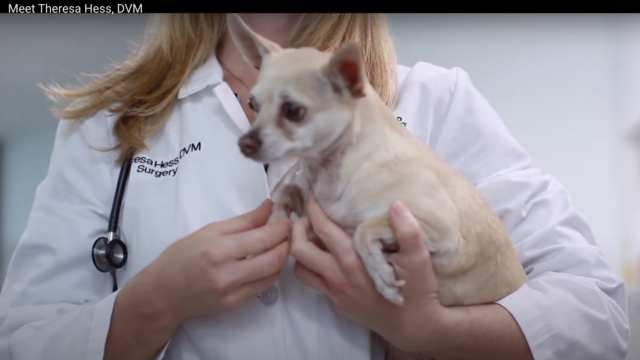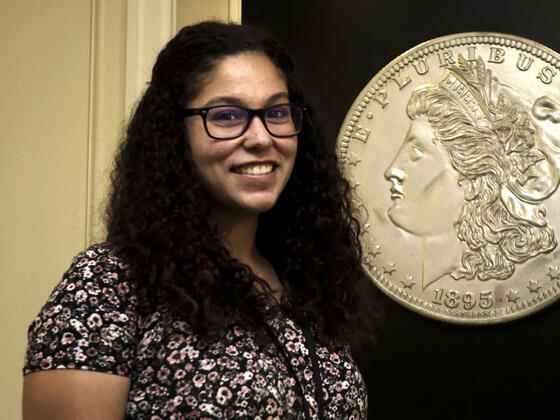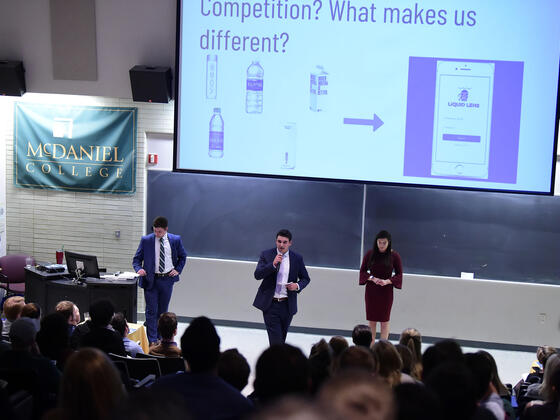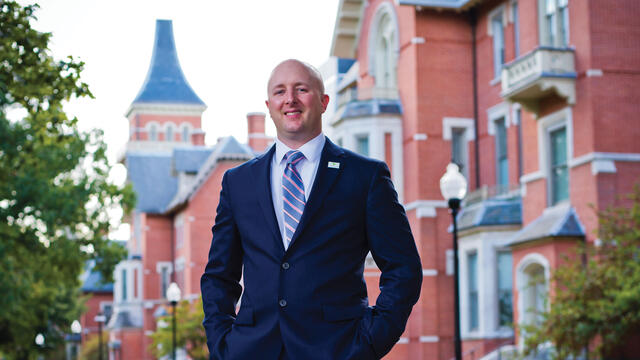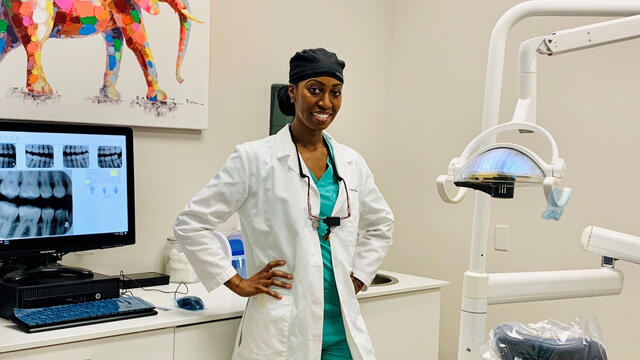Biomedical Science
You’ve always wanted to make it better. A bird with a broken wing. A toddler with an earache. A young mother with breast cancer. You want to understand how life functions and use that knowledge to promote good health, to treat and to cure. McDaniel’s Biomedical Science major offers everything you need to launch your future in medicine, whether as a pediatrician, dentist, veterinarian, internist, or brain surgeon.
The McDaniel Commitment in Action
Special Opportunities:
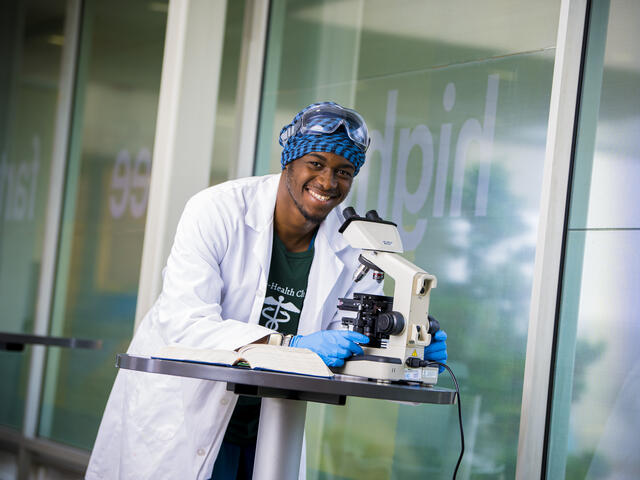
Green Terror Alum Class of 2024: Kramoh Mansalay Choose Your Journey
Alumni Stories
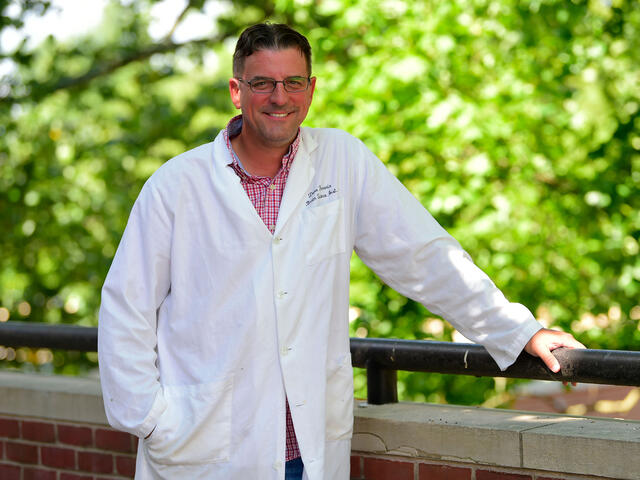
Faculty Spotlight Chemistry professor’s cancer drug clears final hurdle: FDA approval
The FDA just approved cedazuridine, the cancer drug Chemistry professor Dana Ferraris invented more than a decade ago when he worked in the biotech industry as a medicinal chemist. In its approval announcement, the agency says the combination of cedazuridine with the cancer drug decitabine in pill form is “an important advance in treatment options for patients with myelodysplastic syndromes (MDS), a type of blood cancer, who previously needed to visit a health care facility to receive intravenous treatment.”
